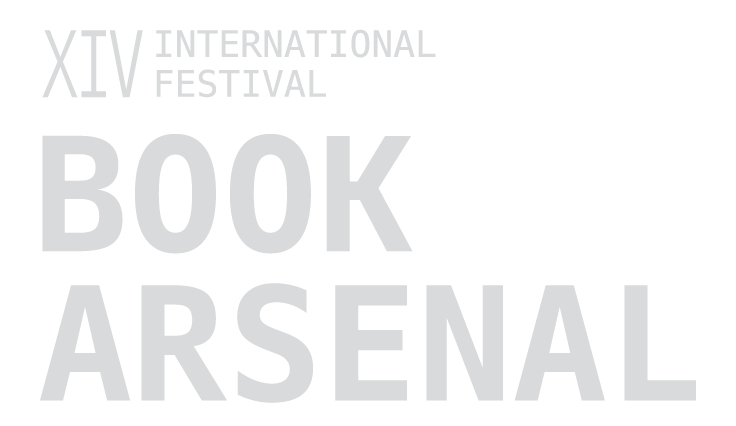The untranslatability of poetry is a myth that reaches the same depths as the notion that translation is a craft, not an art. We have made another attempt to test this, using different models of interaction between very different authors. Four Ukrainian and four Scottish poets tried to give examples of how poems, which are translated and rendered in completely different ways, sound.
Some of these poets translate professionally and on a daily basis, such as Les Beley, who works in tandem with Vicky Husband. Someone has translated directly from English, knowing it well. Someone has used a version made in non-native English. Myroslav Laiuk offered to tell about emotions, experiences and metaphors not only in literary Ukrainian but in dialect, just like Rosanna Watt, who writes in Shetland. Olena Huseinova took up Hannah Lavery’s social poetry, and Liuba Yakymchuk looked for matches to the rhythms and rhymes of Andrew Blair.
How can literature bridge the gap between Ukraine and Scotland? Aren’t we closer than the map shows? Who in general has the right to undertake translation – is it really only for language experts with good theoretical training? How much do poets need communication with each other, casual acquaintances at festivals and in joint projects? What gives them a way out of their own self-sufficiency?
After all, how important is it to make poetic interactions — seemingly the most ephemeral and least practical — when borders are closed, freedom is restricted, culture is first given up in order to save the economy, and fun is poisoned by information attacks along with travel?..

